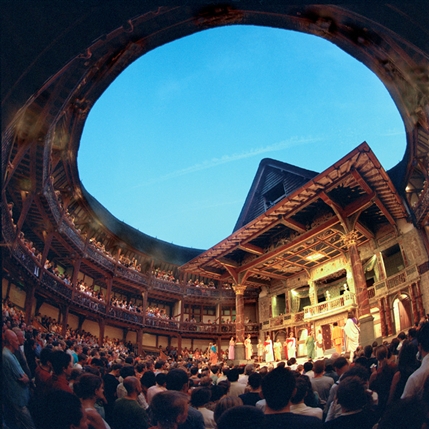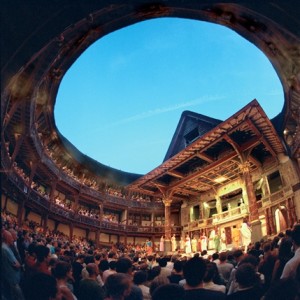
299.4K
Downloads
447
Episodes
New for 2023: Victorian Poetry Scroll back for previous courses on Shakespeare, Eighteenth Century Poetry, Close Reading, Various film genres, Film and Philosophy, the Western Canon, Early Romantics, 17th Century Poetry, etc.
Episodes

Thursday Mar 17, 2016
21. Second and last class on Jane Eyre
Thursday Mar 17, 2016
Thursday Mar 17, 2016
Jane Eyre and the way narrative works. Truth in fiction. Breaking the fourth wall in so many different ways in this paragraph, the first of chapter XI:
A new chapter in a novel is something like a new scene in a play; and when I draw up the curtain this time, reader, you must fancy you see a room in the George Inn at Millcote, with such large figured papering on the walls as inn rooms have; such a carpet, such furniture, such ornaments on the mantelpiece, such prints, including a portrait of George the Third, and another of the Prince of Wales, and a representation of the death of Wolfe. All this is visible to you by the light of an oil lamp hanging from the ceiling, and by that of an excellent fire, near which I sit in my cloak and bonnet; my muff and umbrella lie on the table, and I am warming away the numbness and chill contracted by sixteen hours’ exposure to the rawness of an October day: I left Lowton at four o’clock a.m., and the Millcote town clock is now just striking eight.
Why fictional narrators always tell the truth. What sympathy or agreement truthful (if frequently unreliable) narrators expect of their audiences. How this feeds into the psychological acuity of Brontë's depiction of Jane. Jane like Cordelia again: the false sense, central to first person narrative that "tout comprendre est tout pardonner." Why Jane Eyre ends with the fate of St. John Rivers, far away and disappearing. (I think this is the best class so far.)
Version: 20241125

No comments yet. Be the first to say something!